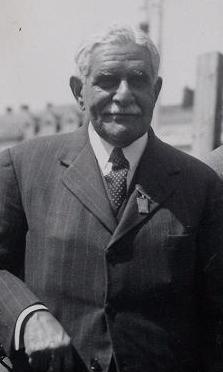Official collector to ZSL
Importer an Dealer of wild animals, birds and reptiles
Collector for ZSL
Shorthand-typist at ZSL
Bachelor's degrees in Agriculture from Reading and Physiology from Cambridge, and a Cambridge PhD in Physiology. Jewell held appointments as Lecturer in Pharmacology at the Royal Veterinary College, Research Fellow at the Zoological Society of London, Professor of Biology in Nigeria, Lecturer in Zoology at University College and Professor at the Royal Holloway College, London, and Professor of Physiology of Reproduction in Cambridge. In 1959 he became a member of the Zoological Society of London's Breeding Policy Committee and later the Gene Bank Sub-Committee. He made a major contribution to the foundation of the Rare Breed's Survival Trust
Bristol Zoo was a zoo in the city of Bristol in South West England. It was opened in 1836 by the Bristol, Clifton and West of England Zoological Society and Bristol Zoo was the world's oldest provincial zoo
Alfred 'Chips' Ezra was a British breeder and keeper of birds. He built up a collection of rare birds at Foxwarren Park in Southern England. He was President of the Avicultural Society and a prominent member of the Zoological Society of London, which awarded him a gold medal
